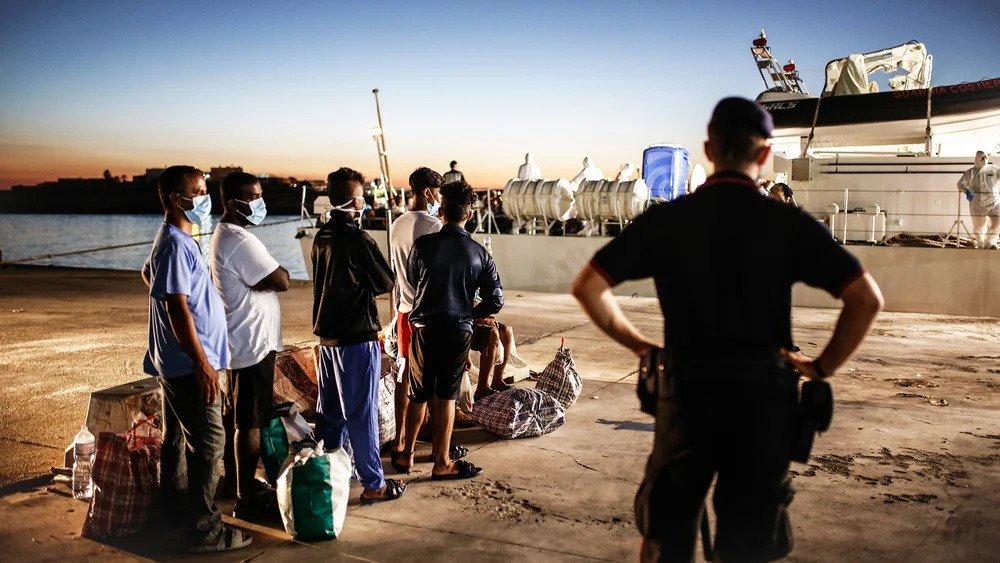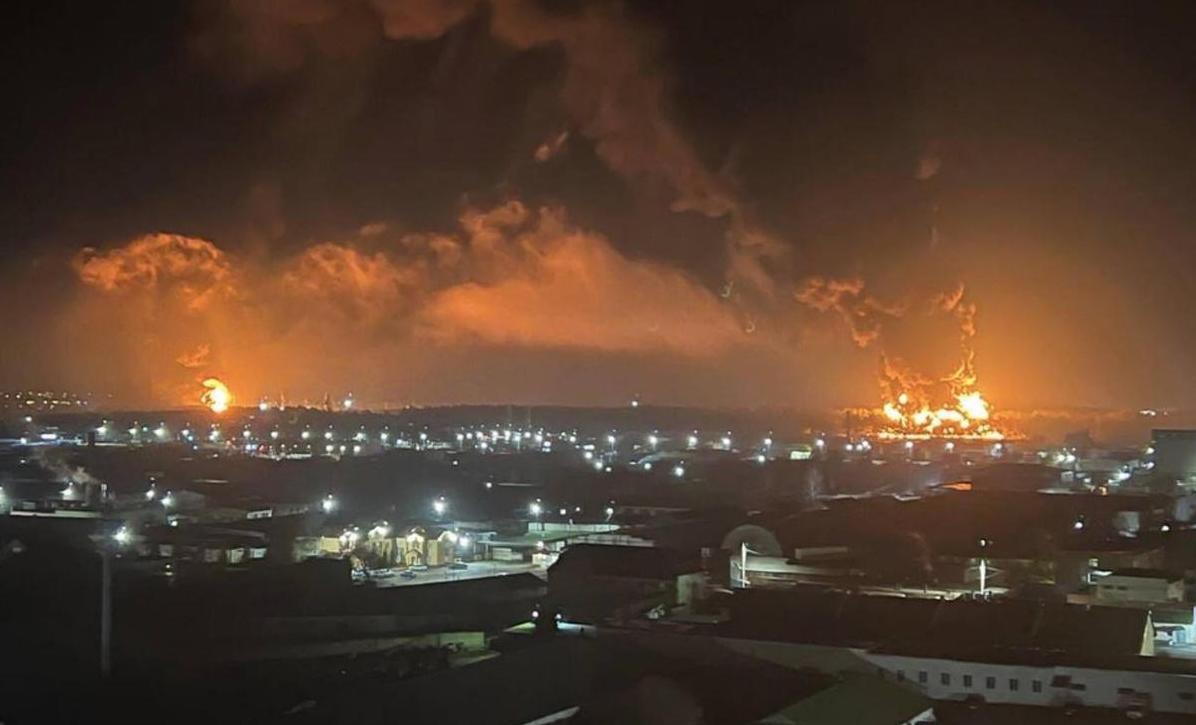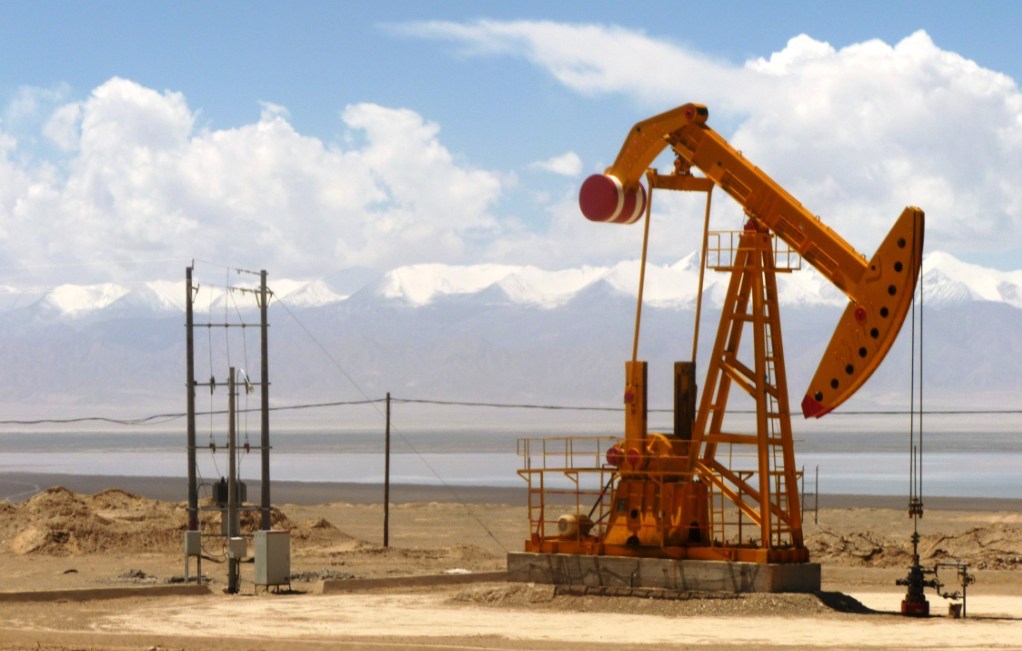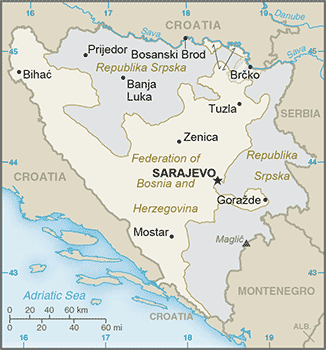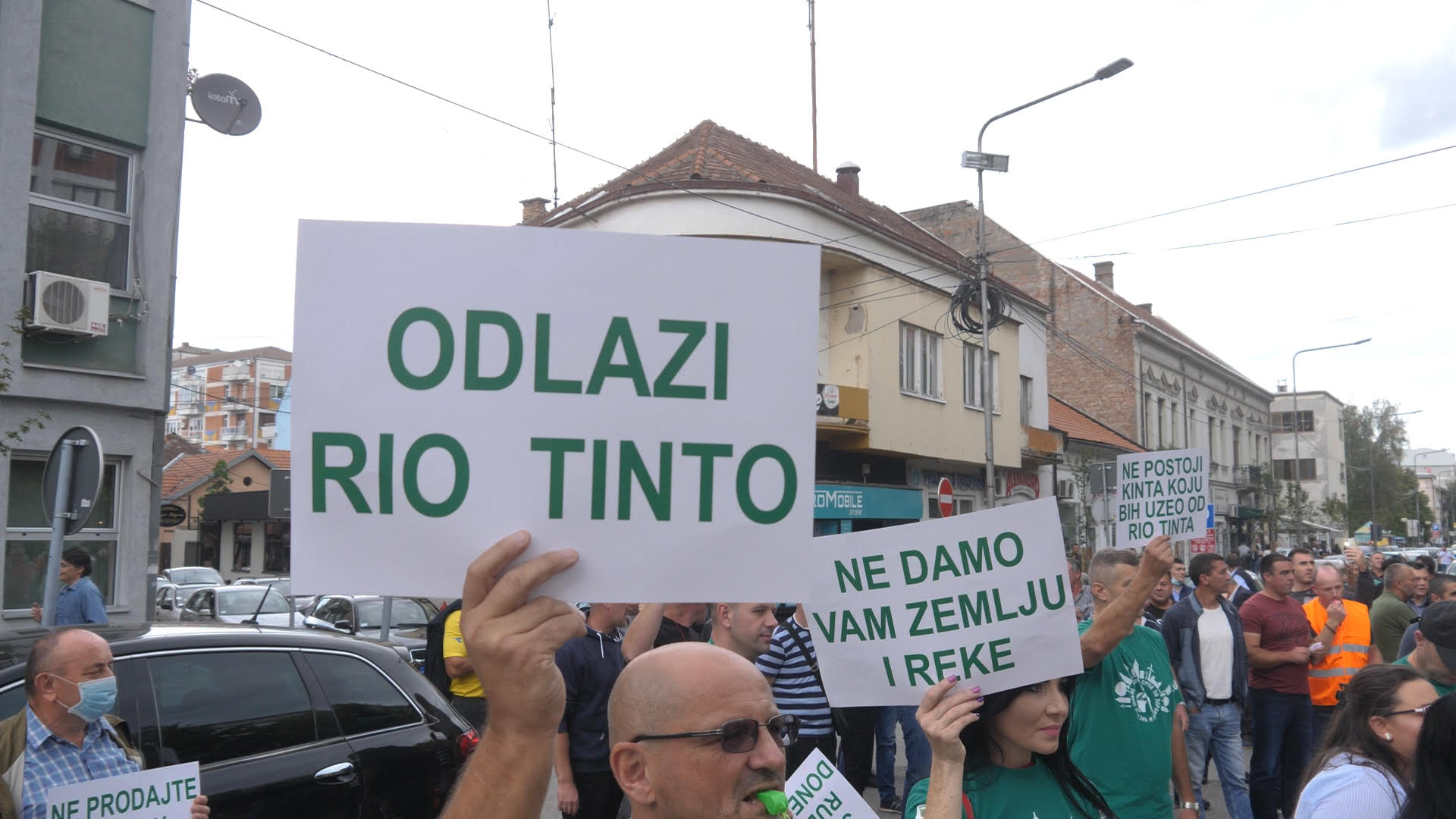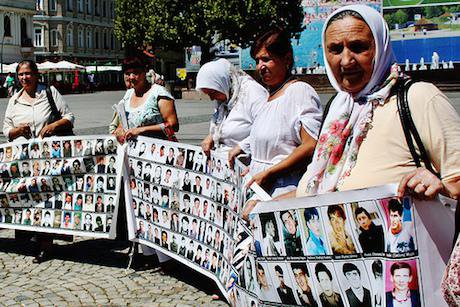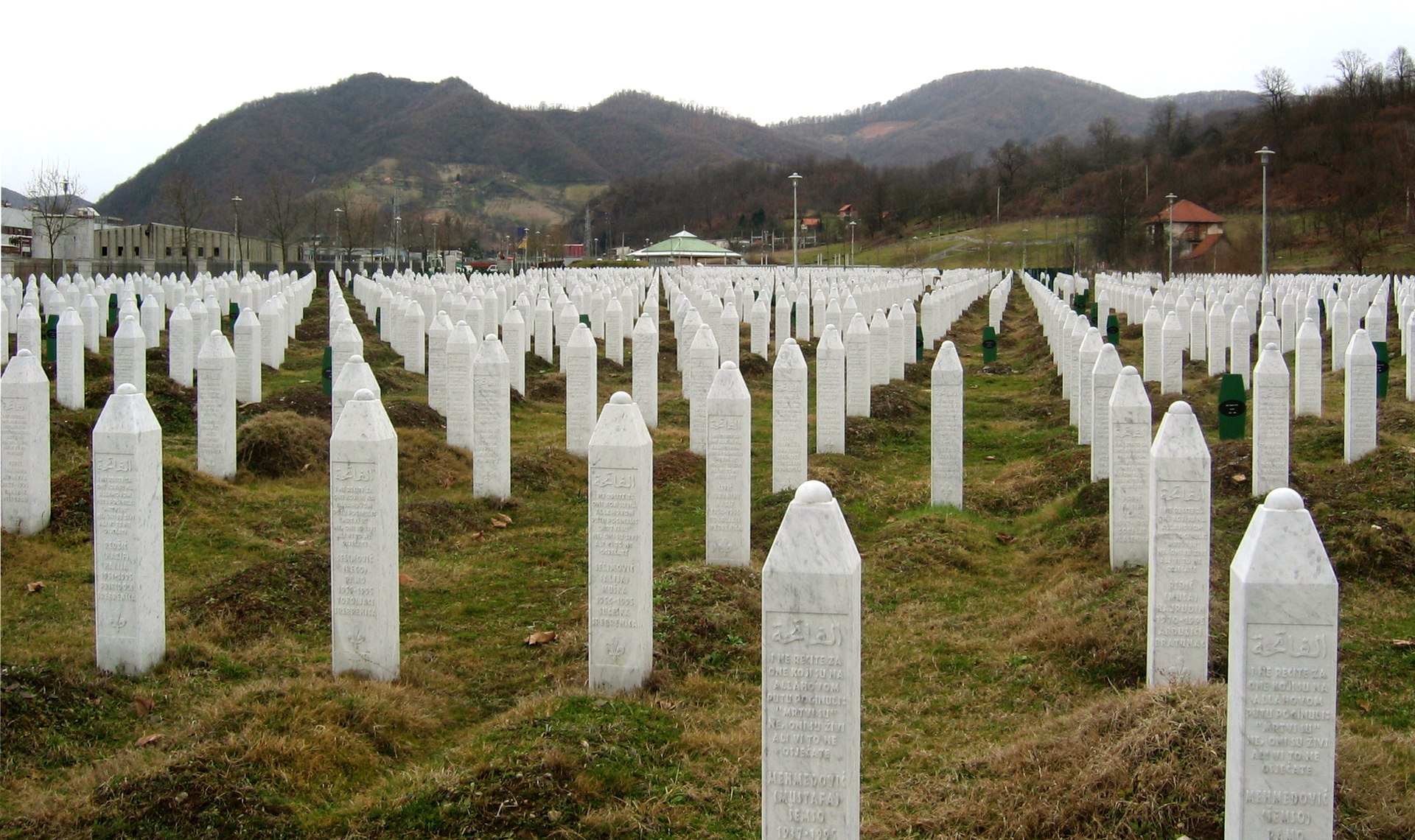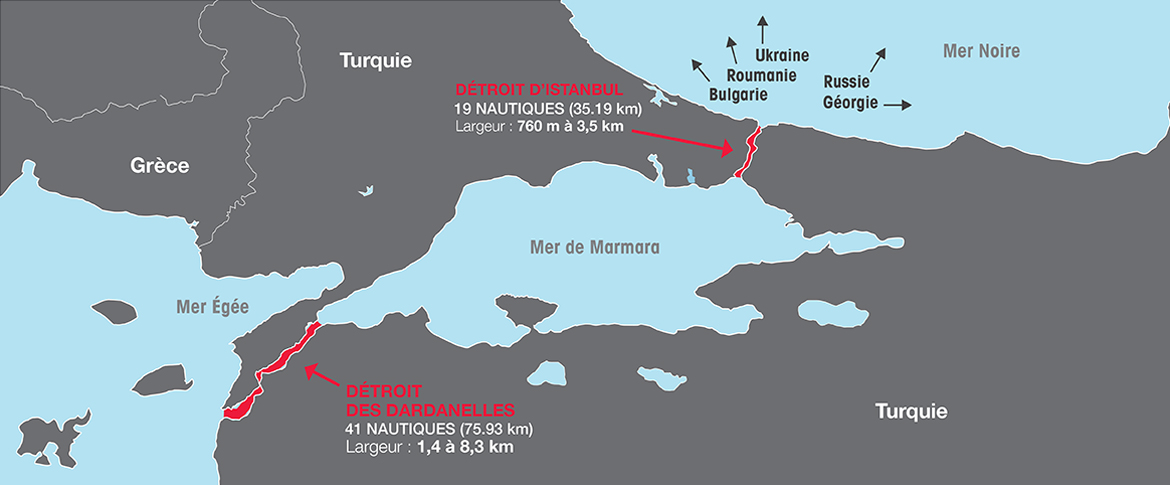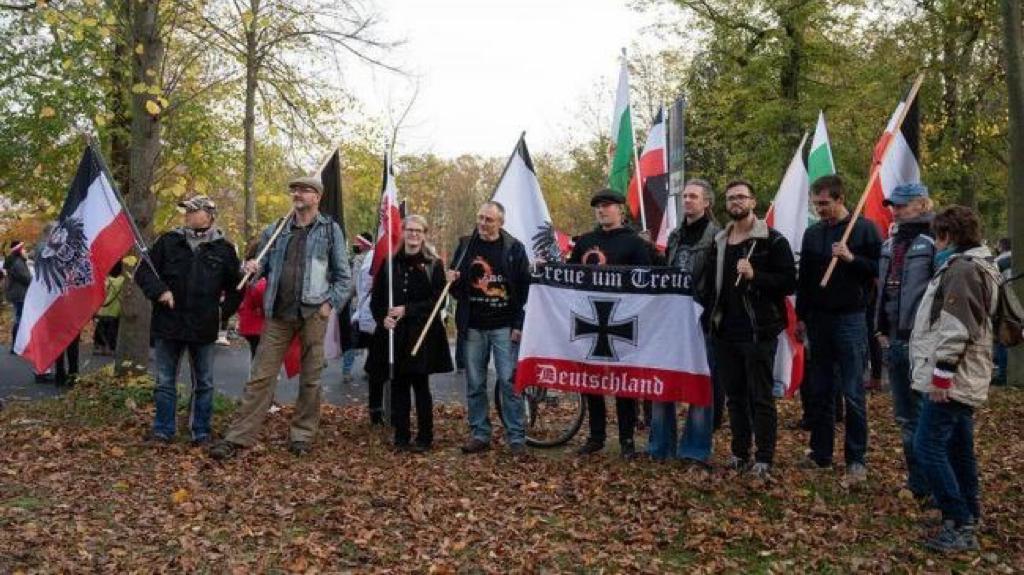
Podcast: Russia, Ukraine & the Reichsbürger cult
In Episode 155 of the CounterVortex podcast, Bill Weinberg takes stock of the accusations that the coup conspiracy by the ultra-right Reichsbürger cult in Germany was Russian “hybrid warfare.” The plausibility of this claim reveals the degree to which far-right forces around the world today look to Moscow for tutelage and sponsorship. Volodymyr Zelensky’s historic Congressional speech was dissed in the most vulgar terms by Tucker Carlson—whose comments were avidly promoted by RT, the official Russian state propaganda outlet, as per explicit instructions from the Kremlin. This same RT similarly promotes Putin-shilling voices of the “tankie” pseudo-left. Our rightist enemies are enthused by the genocidal regimes of both Syria’s Bashar Assad (backed by Russia) and the Argentine generals of the 1970s (backed by the US). They’ve rallied around Serbia’s Slobodan Milosevic, as well as the neo-Ustashe in Croatia. It is only confused “leftists,” indoctrinated by campism and accustomed to seeing everything in terms of geopolitics, who fail to recognize the fascism on both sides—and get taken in by fascist pseudo-anti-fascism. Despite the left’s obsessive fixation on the Azov Battalion, reactionary forces around the world are looking to Putin as their great leader—not Zelensky. Listen on SoundCloud or via Patreon. (Photo via EU Political Report)



